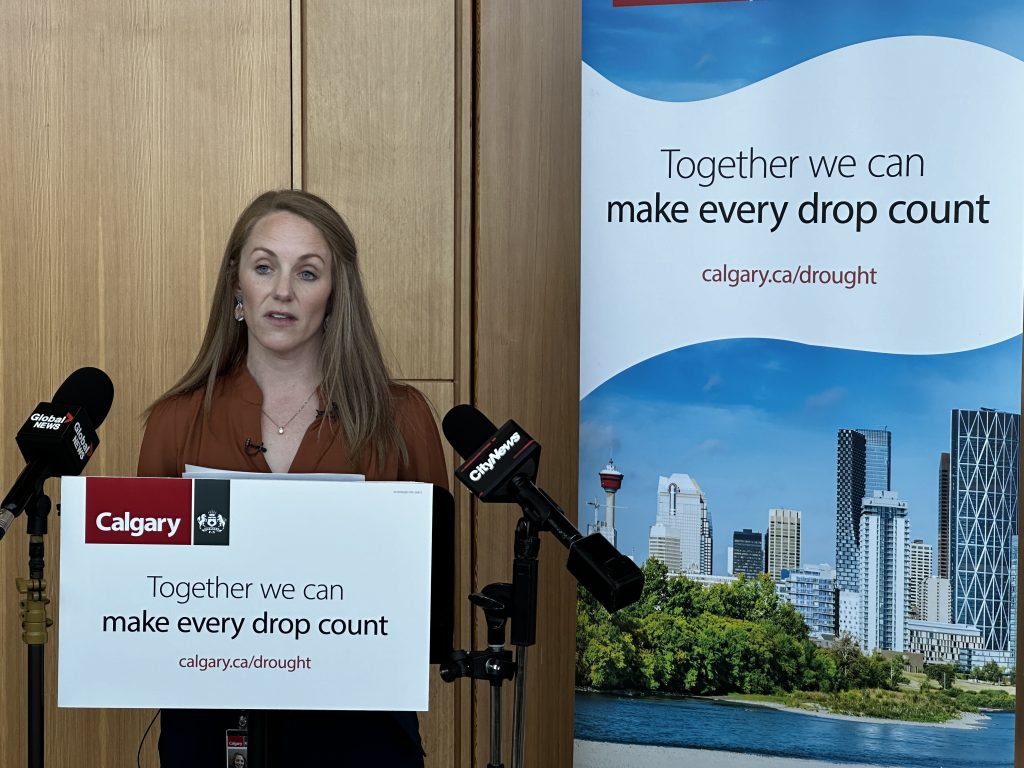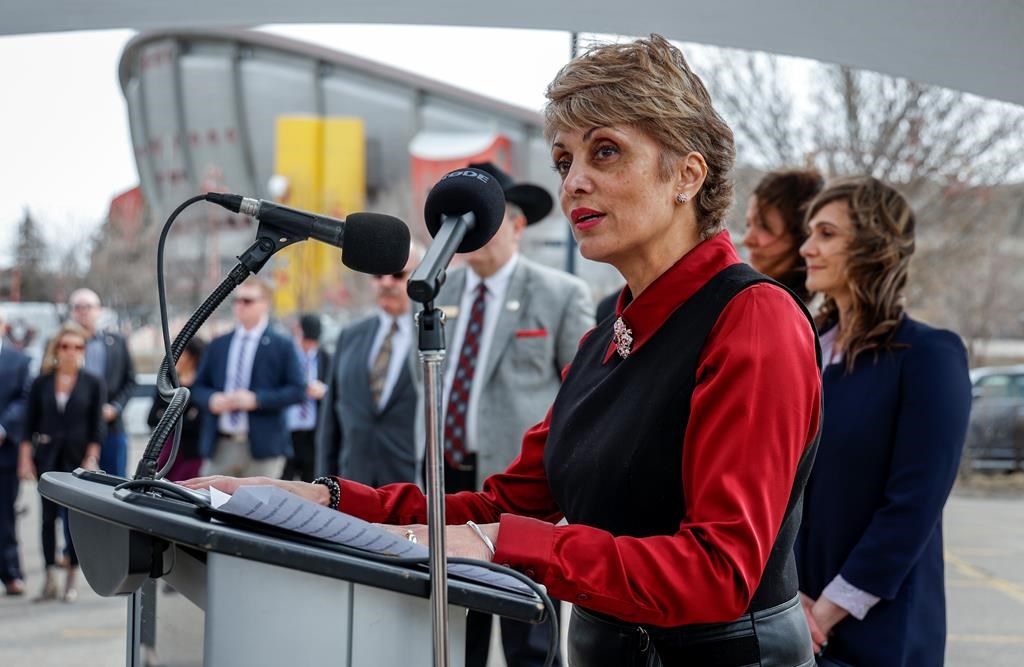‘Oh, mom, my skin is all loose,’ Ashley Smith said in last visit before death
Posted Feb 21, 2013 4:00 am.
This article is more than 5 years old.
TORONTO – The mother of a teenager who killed herself in her prison cell choked back tears as she recalled how years of segregation appeared to diminish her daughter.
In a harrowing account of the last time she saw her daughter alive, Coralee Smith described her shock at Ashley’s appearance during the visit in the summer of 2007.
“Oh, mom, my skin is all loose,” Ashley told Smith through the Plexiglas screen that separated them.
“She was not a 19-year-old girl at that point; she was aged,” an emotional Smith told an inquest jury. “She was a lot smaller.”
Four guards at the Nova Institution for Women in Truro, N.S., had brought Ashley into the interview room, her mom recounted.
She was in handcuffs, shackles and dressed in a security gown aimed at preventing suicides. Her hair looked dirty.
Ashley had difficulty seeing out of it an injured eye — damage apparently from choking herself by tying ligatures around her neck.
“When you come home, we’ll take you to an optometrist,” Smith told her daughter.
Smith, 65, of Moncton, N.B., who travelled extensively to visit her daughter, said she never knew about Ashley’s self-harming behaviour or lengthy segregation stints.
Asked what they talked about, Smith said “coming home.”
At the end of the visit, Smith put her hand to the screen but Ashley — an afraid-of-the-dark homebody who normally liked to hold hands — appeared reluctant to follow suit.
“I watched them take her down the hall,” Smith said. “It was the last time I saw Ashley alive.”
A few months later, after yet another prison transfer, Ashley choked herself to death with a ligature at the Grand Valley Institution in Kitchener, Ont. Guards, ordered not to intervene, stood by and watched.
Five years on, Smith said, no one has been held responsible and nothing has changed for prisoners with mental-health issues.
“I still see no accountability. Ashley died on the floor. There was no help for her,” Smith testified.
“Ladies and gentlemen, this was Canada. Inmates are allowed to take their own lives and, I say, with assistance because they stood around.”
Outside coroner’s court, Smith read a brief statement.
She said she had come voluntarily to testify, and challenged Don Head, commissioner of Correctional Service of Canada, and others in charge to do likewise.
“There are many more Ashleys out there,” Smith said.
“There are other troubled youths and adults being tortured and being treated like they are not human beings — in Canada, today.”
The inquest has heard how Ashley showed increasingly aberrant behaviour, including frequently choking herself.
Her daughter even asked her, in the days before she died, what a mother would think if her child committed suicide, Smith testified.
Still, Smith said she is convinced Ashley never meant to kill herself.
“I knew she didn’t commit suicide,” Smith said, fighting back tears. Ashley was coming home.”
Smith said a family should not have to fight for five years to get a thorough airing of what went so tragically wrong with her daughter, who spent most of the last three years of her life in segregation.
“We’ve only come to an inquest. There should have been an inquiry,” she said.
“Who gives such orders? No one has stood up. The guards were there and they were hands on. Who passes the orders down?”
Smith noted the inquest only got going in earnest after Prime Minister Stephen Harper denounced Correctional Service of Canada for obstructing the hearings.
“What family would ever get the attention of the prime minister?” she said. “We chased it. So many people can’t do that.”
Smith suggested the need for a formalized intermediary, who could deal with concerns. She also pressed for better communications between prison authorities and inmates’ relatives given her ignorance of what Ashley was going through.
Once she drove 14 hours from Moncton to Montreal to visit Ashley, but her daughter cancelled at the last minute — because she didn’t want her mom to see her handcuffed and shackled.
Having missed calls from Ashley over a few days, Smith said she was carrying her phone at home with her on Oct. 19, 2007, in expectation of another call from her daughter.
A van pulled up.
“Two strangers met me at the end of the driveway. I had a feeling they were some religious group or the Salvation Army,” Smith said.
“Are you Ashley Smith’s mother?”
“Yes, I’m just waiting for a phone call.”
“I’m sorry, I have to tell you that she passed away.”
A distraught Smith called Eric Broadbent, a correctional manager at the prison where Ashley died.
Broadbent, who once promised Smith he would take good care of Ashley, was among managers who later berated guards for going into her cell to remove ligatures from her neck.
“I just couldn’t believe: This was a man who said he’d take care of her,” Smith said, who found out from media reports how Ashley had died.
The inquest has previously heard that Ashley, adopted as a three-day-old, was obsessed with her parentage, believing that her sister was in fact her biological mother.
Presiding coroner, Dr. John Carlisle, shut down a juror who asked Smith to elaborate on the issue.
Outside court, Smith said: “We are her family. We are not perfect. But we will never accept that Ashley should have been treated in this manner.”
The inquest resumes Monday. The warden of Nova is scheduled to testify.










